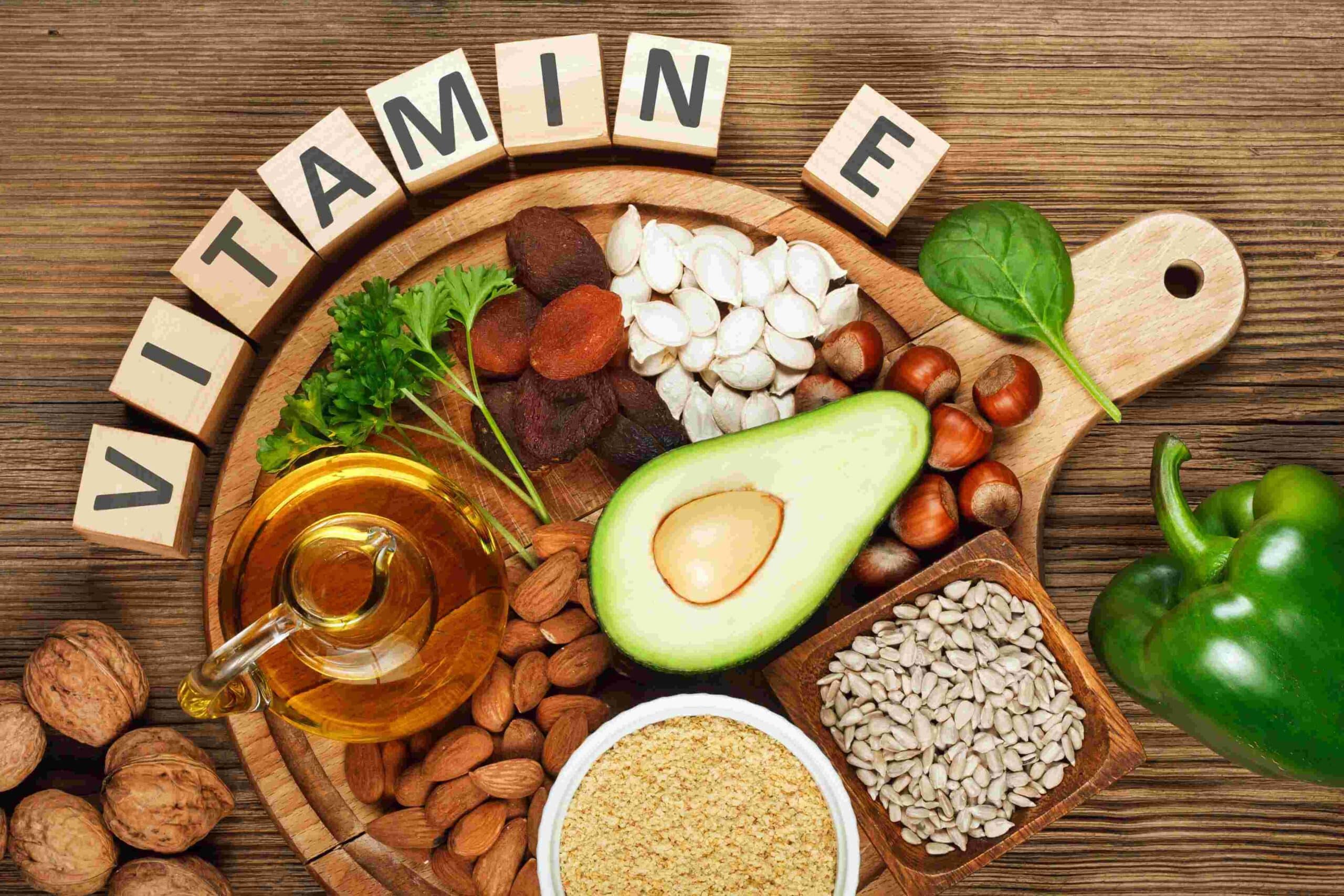Dr. Barrie Tan, one of the world’s foremost experts in vitamin E, joins Chris Kresser in this episode of Revolution Health Radio to discuss tocotrienols and their health benefits. Dr. Tan talks about his discovery of the tocotrienol content in the annatto plant, explains how tocotrienols differ from and interact with tocopherols (the more commonly-known form of vitamin E), and discusses research showing the potential benefits of tocotrienols on everything from osteoporosis and bone health to inflammatory conditions, cardiovascular risk, metabolic conditions, and cancer prevention.





:max_bytes(150000):strip_icc():format(webp)/GettyImages-185549437-37d51ba156a143be9ee70de1324f8624.jpg)



